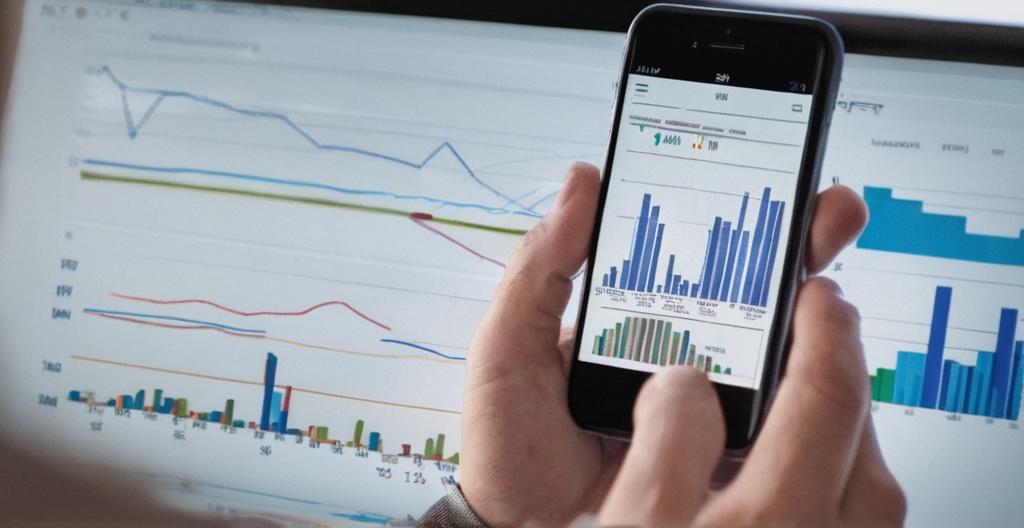Key Take Aways About The Role of Clearinghouses in Modern Trading
- Clearinghouses act as a critical middleman in financial markets, ensuring trades are settled and risk is mitigated.
- They prevent systemic failures by managing defaults and maintaining market stability.
- They differ from stock exchanges, focusing on post-trade processes rather than trade execution.
- Clearinghouses have historical roots dating back to the 17th-century commodity exchanges.
- Technology advancements enhance efficiency and security, though cyber threats necessitate continuous vigilance.
- They play crucial roles in both Forex and futures markets, handling complex transaction logistics.
- Ongoing challenges include adapting to regulatory changes and cyber threats.

The Function of Clearinghouses in Modern Trading
Clearinghouses, let’s face it, they’re the unsung heroes in the trading world. Imagine them as the trusted referee in a sports match, ensuring everything stays fair, honest, and most importantly, running smoothly. Without these institutions, trading would resemble a chaotic bazaar, full of shouting traders and towering paperwork.
Why Clearinghouses Matter
The core responsibility of a clearinghouse is to act as a middleman between buyers and sellers in the financial markets. But what does this actually mean? In essence, they ensure the proper execution of trades, and that both parties play nice in the sandbox. This involves a process of trade validation, settlement, and risk management. These guys are the financial world’s peacekeepers.
Risk mitigation is one of their big jobs. Clearinghouses act like a financial safety net. They wade in to handle defaults if a party can’t hold their end of the bargain. By doing this, clearinghouses prevent a domino effect that could lead to a meltdown of the trading system, keeping everyone’s nerves from fraying.
Mechanics of a Clearing Process
So, what’s all the fuss about? Picture a purchase of 100 shares of a major company, like Tesla. The buyer and seller make a transaction, but the actual exchange of assets doesn’t happen immediately. Here, the clearinghouse enters the scene, stepping in to bear the brunt if someone decides to play hooky and not fulfill their part of the trade.
They confirm the trade details, ensure the availability of funds, and then settle the trade by exchanging cash for assets. This takes a lot of stress off individual traders, allowing them to focus on their next financial conquests.
Clearinghouses vs. Stock Exchanges: Not the Same Thing
Now, before you start lumping clearinghouses and stock exchanges together, pump the brakes. They’re not identical twins in the trading family. While stock exchanges are the marketplaces where buying and selling happen, clearinghouses manage the aftermath, ensuring the trade’s execution is top-notch. Think of stock exchanges as the stage where the drama unfolds, and clearinghouses as the backstage crew who ensure everything goes off without a hitch.
A Brief Stroll Down Memory Lane
Clearinghouses have their roots dug deep in history. We’re talking back to the times of the 17th century when grain and cotton exchanges needed someone trustworthy to ensure trades were fair and balanced. Fast forward to today, these institutions have evolved into sophisticated entities, bolstered by technology and teams of professionals keeping a vigilant eye on every trade.
The Tech Revolution in Clearing
With the digital boom, clearinghouses embraced technology with open arms. Automation and advanced algorithms are now their weapon of choice, ensuring trades are processed faster and more accurately than ever before. This tech infusion doesn’t just accelerate processes but also tightens security measures, safeguarding the system against potential breaches. But, let’s not kid ourselves, no system is entirely foolproof. The rapid advancement requires continuous vigilance and upgrades.
The Forex Market and Clearinghouses
In the bustling world of Forex, clearinghouses take on unique functions. With currencies being traded internationally 24/7, ensuring these transactions are accurate and fraud-free becomes a Herculean task. Forex clearinghouses offer a robust infrastructure, ensuring currency trades happen like clockwork, despite timezone and geographic challenges.
Clearinghouses and the Futures Market
Futures trading, all about contracts and speculations, relies heavily on clearinghouses for margin requirements and daily settlement of profits and losses. Without them, futures trading would be like trying to herd cats—impossible and messy.
The Challenges Ahead
Despite their rock-solid reputation, clearinghouses face hurdles on the horizon. Cyber threats loom large, demanding constant vigilance and action plan revamps. The dynamic nature of global politics doesn’t make things easier; regulatory environments shift like sand dunes, requiring clearinghouses to be agile and adaptable.
To wrap it up, clearinghouses play an indispensable role in keeping trading safe, fair, and efficient. They mitigate risks, ensure trade completion, and evolve with technological advancements, making them a linchpin in the trading cosmos. So, the next time you hit that trade button, take a moment to thank the clearinghouse for having your back.